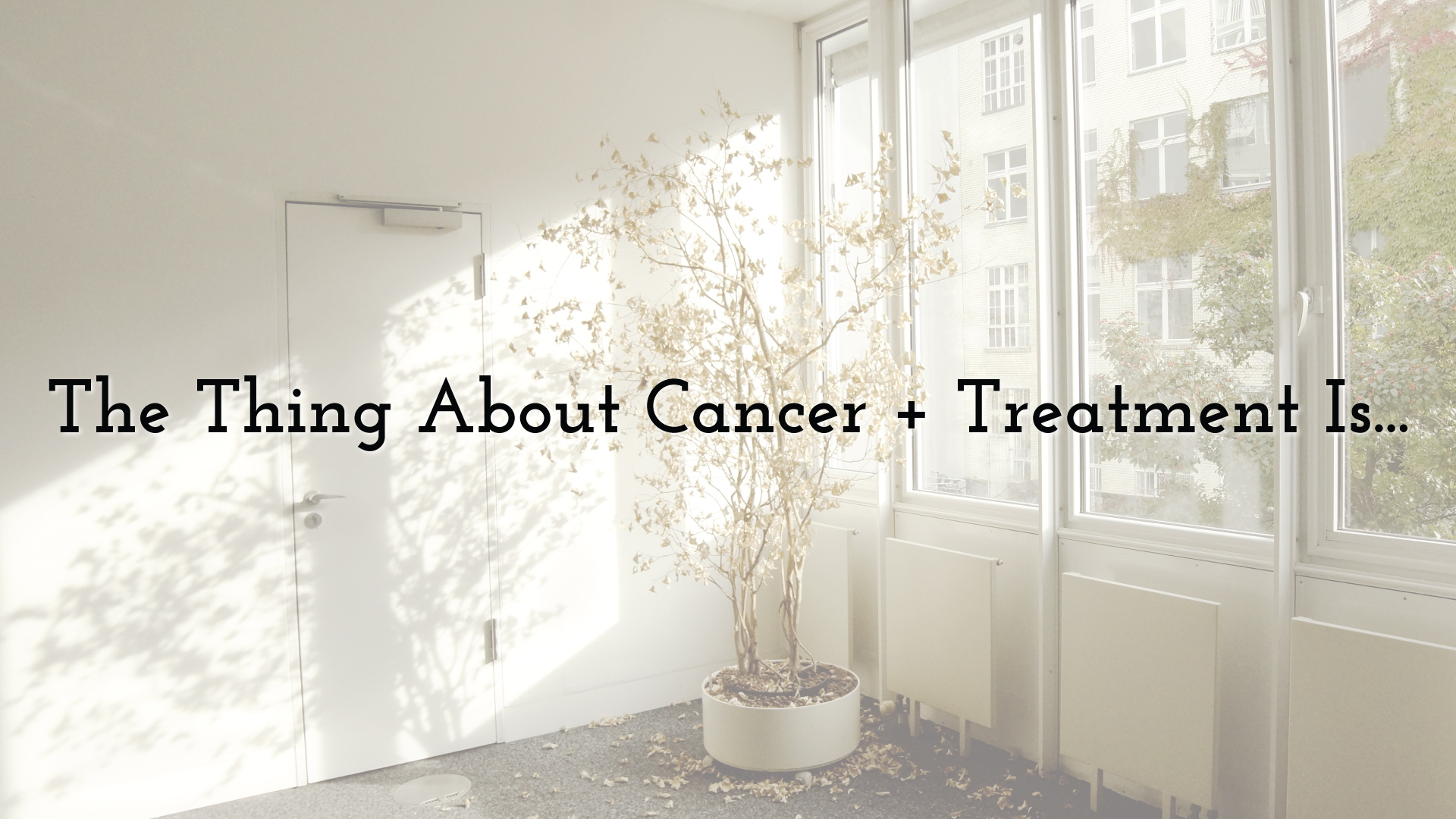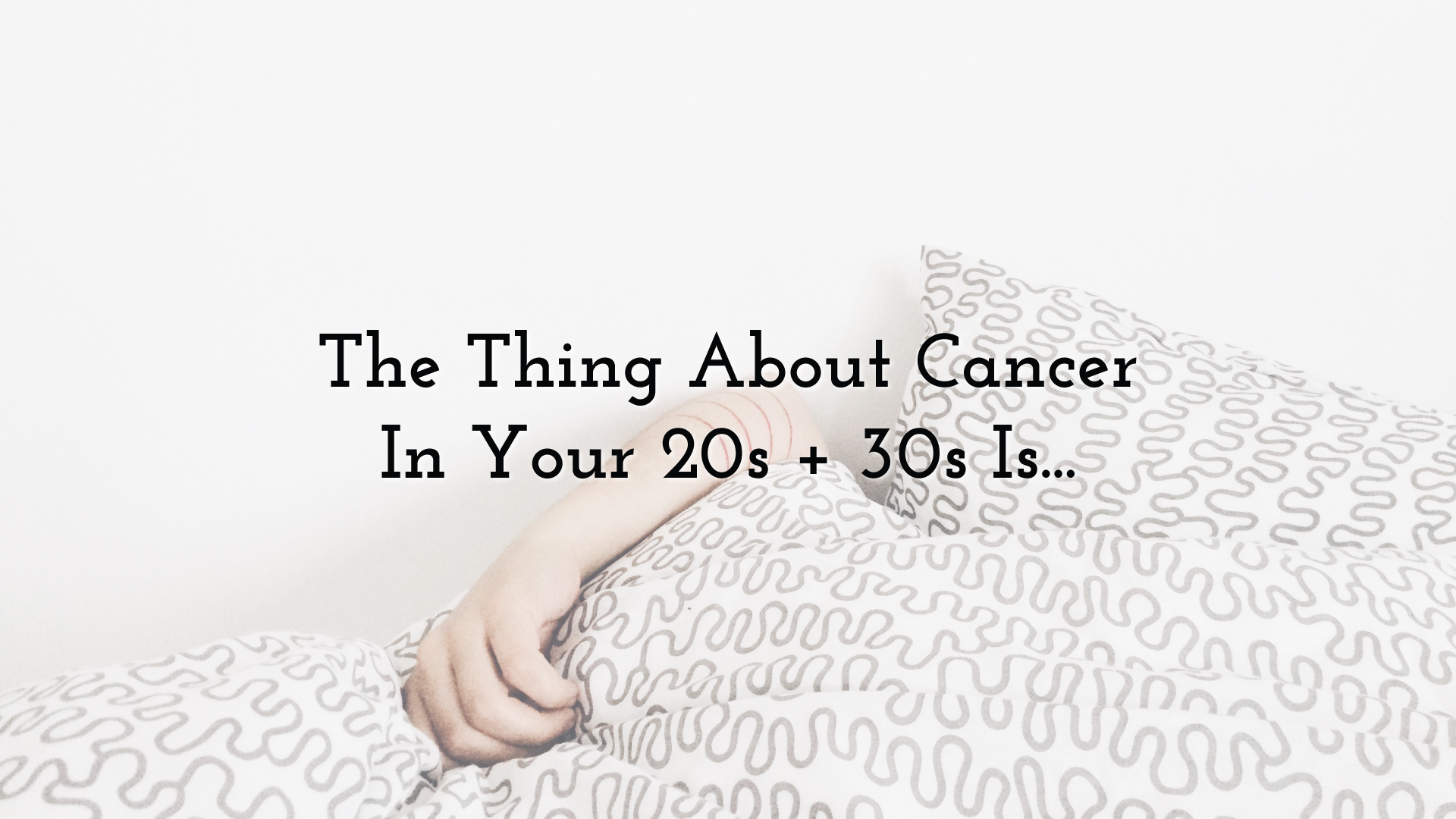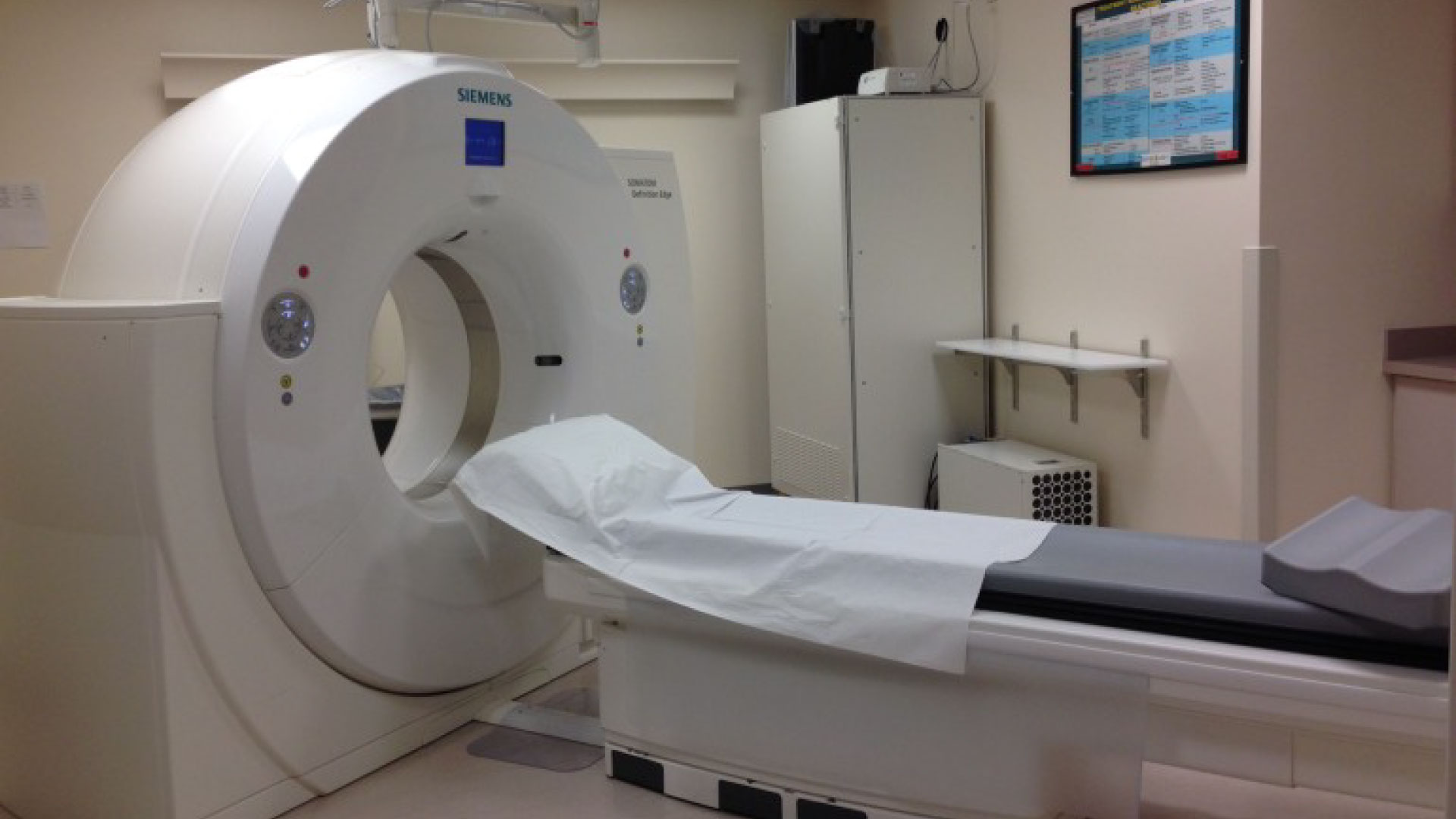[spb_text_block pb_margin_bottom=”no” pb_border_bottom=”no” width=”1/1″ el_position=”first last”]
During the month of May, we’ll be bringing back some of your favorite posts in groups of 5! Today, we even have a bonus, 6th post!
Today, we’ve got 6 GREAT posts focused on getting to the nitty gritty of young adult cancer and treatment.
[/spb_text_block] [spb_single_image image=”14147″ image_size=”full” frame=”noframe” lightbox=”yes” image_link=”https://cactuscancer.wpengine.com/ct-scan-tips/” link_target=”_blank” fullwidth=”no” width=”1/2″ el_position=”first”][/spb_single_image] [spb_single_image image=”14150″ image_size=”full” frame=”noframe” lightbox=”yes” image_link=”https://cactuscancer.wpengine.com/food-tips-for-chemo/” link_target=”_blank” fullwidth=”no” width=”1/2″ el_position=”last”][/spb_single_image] [spb_single_image image=”14145″ image_size=”full” frame=”noframe” lightbox=”yes” image_link=”https://cactuscancer.wpengine.com/caregiver-guilt/” link_target=”_blank” fullwidth=”no” width=”1/2″ el_position=”first”][/spb_single_image] [spb_single_image image=”14146″ image_size=”full” frame=”noframe” lightbox=”yes” image_link=”https://cactuscancer.wpengine.com/easy-ways-to-talk-about-poop/” link_target=”_blank” fullwidth=”no” width=”1/2″ el_position=”last”][/spb_single_image] [spb_single_image image=”14148″ image_size=”full” frame=”noframe” lightbox=”yes” image_link=”https://cactuscancer.wpengine.com/whenever-i-feel-anxious-i-wiggle-my-toes/” link_target=”_blank” fullwidth=”no” width=”1/2″ el_position=”first”][/spb_single_image] [spb_single_image image=”14144″ image_size=”full” frame=”noframe” lightbox=”yes” image_link=”https://cactuscancer.wpengine.com/cancer-survivor-tattoo-finished/” link_target=”_blank” fullwidth=”no” width=”1/2″ el_position=”last”][/spb_single_image]























